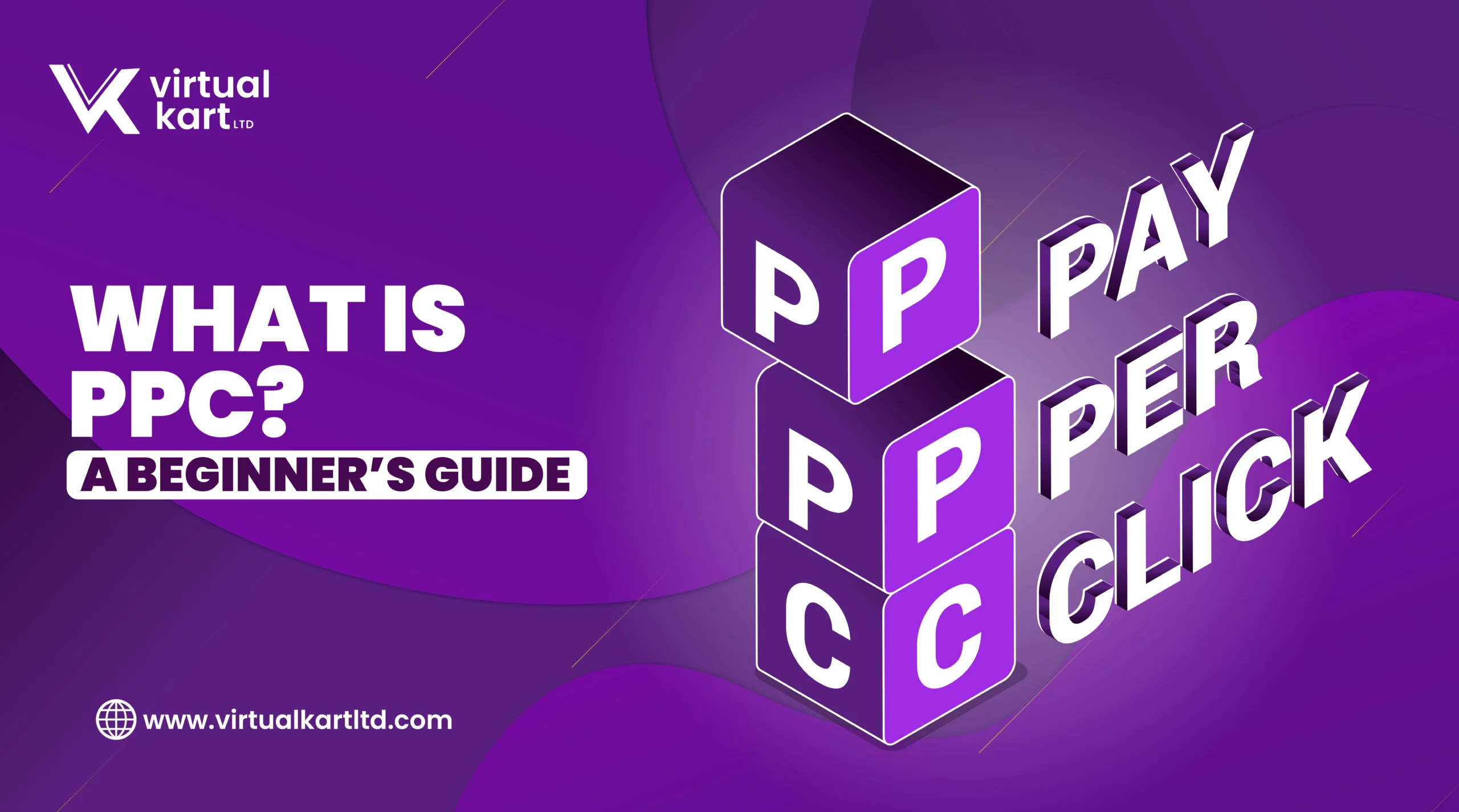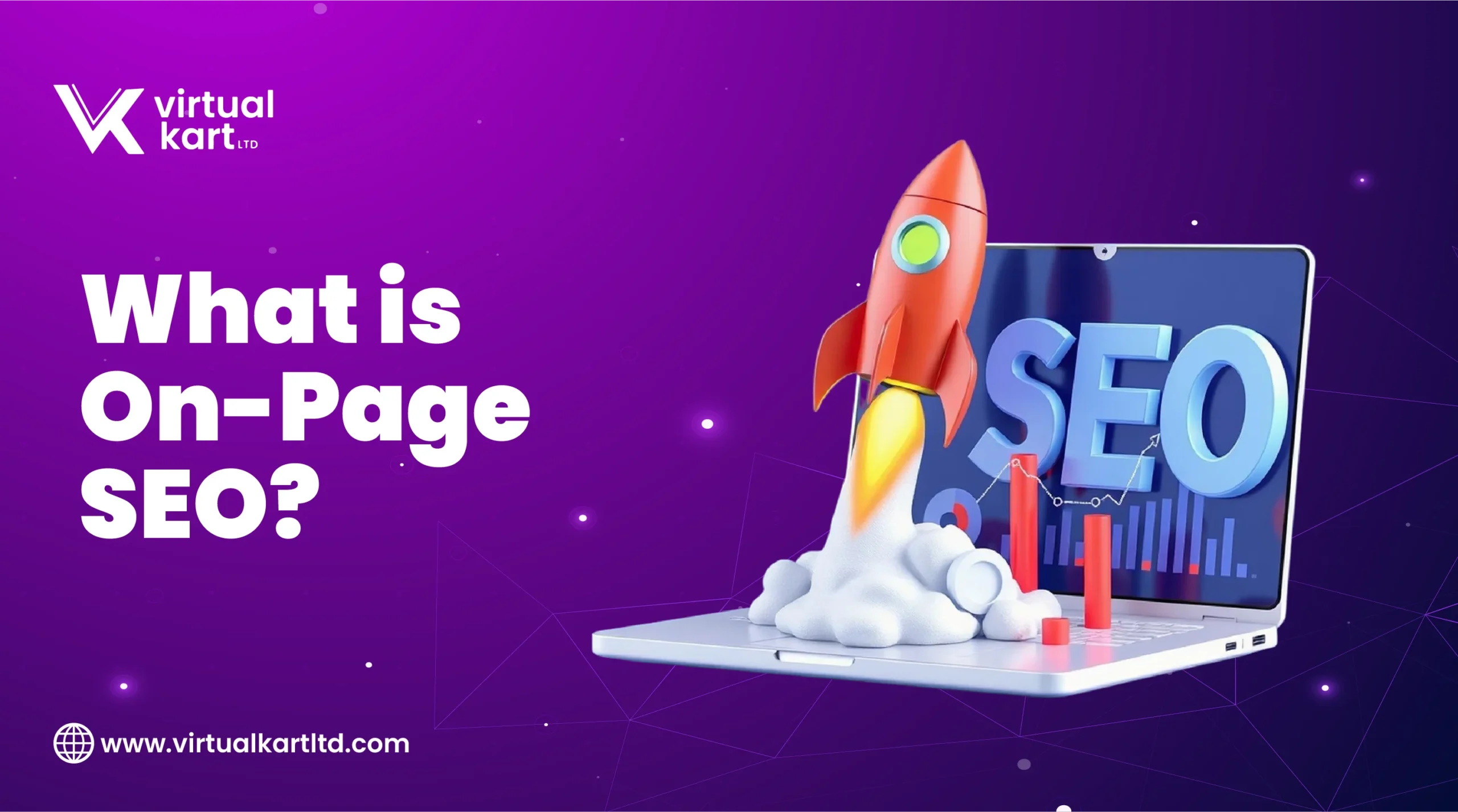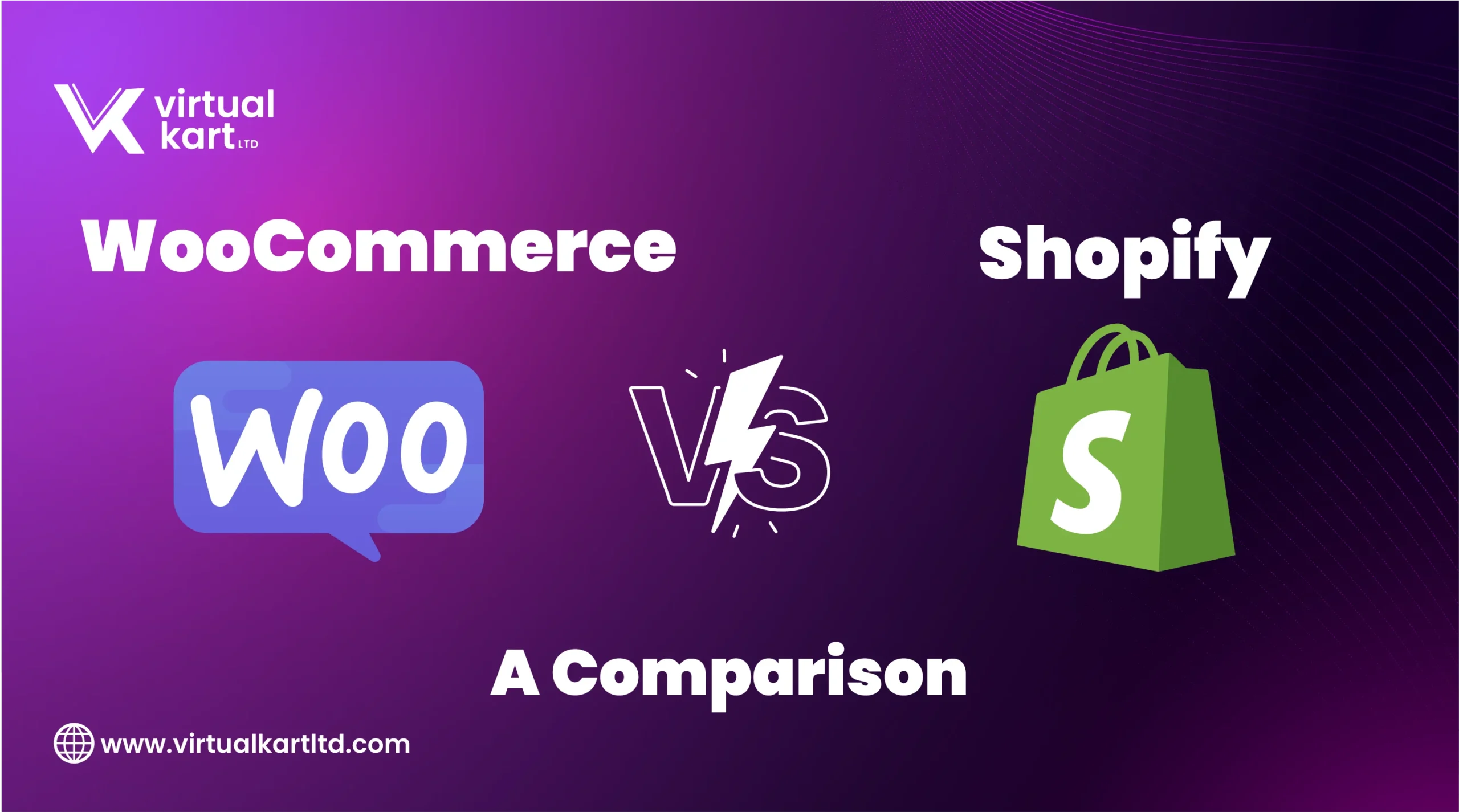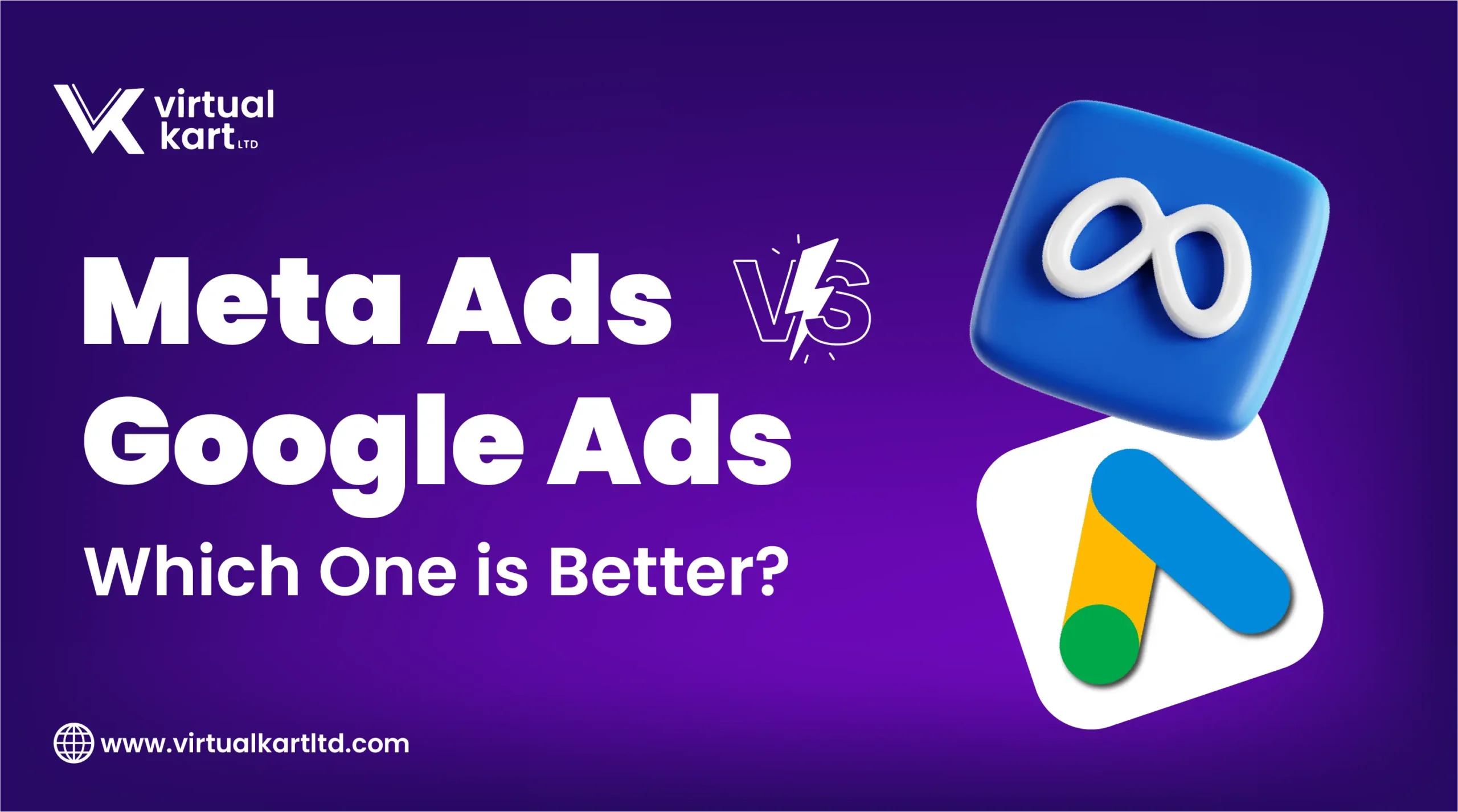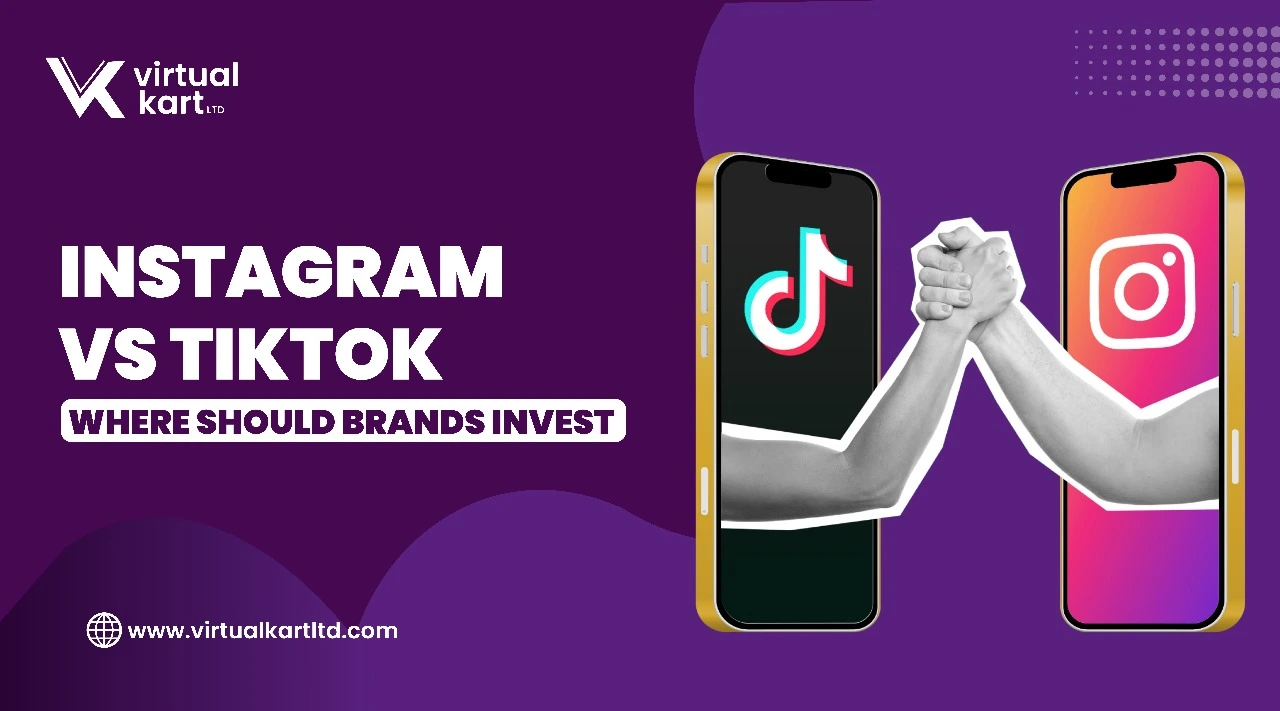Running a small business is tough—you’re juggling a million things, and getting noticed online shouldn’t be another mystery to solve. That’s where PPC (Pay-Per-Click) advertising steps in. It’s one of the fastest ways to drive targeted traffic to your website, generate leads, and grow your brand without waiting months for organic results. But what exactly is PPC, and how can a small business like yours make the most of it without burning through cash? In this beginner-friendly guide, we’ll break it all down—no jargon, no fluff, just clear answers and practical tips to get you started.
What does PPC Mean?
PPC stands for Pay Per Click, a type of paid advertising where businesses pay a small fee each time someone clicks on their ad. It’s a model of digital marketing designed to drive traffic to websites quickly and effectively.
You’ve likely seen search engine ads at the top of Google results—that’s PPC advertising in action. Unlike traditional ads, PPC allows you to target specific audiences and only pay for actual clicks, not impressions.
What is PPC in Marketing?
PPC, or Pay-Per-Click marketing, is a powerful digital advertising strategy where businesses pay a fee each time someone clicks on their ad. Instead of earning visits organically, PPC allows marketers to buy traffic and place their ads directly in front of potential customers searching for specific products or services online. Whether it’s Google Ads, Bing Ads, or social media platforms like Facebook and Instagram, PPC in marketing helps small businesses gain instant visibility, drive targeted leads, and control ad spend with measurable ROI. When done right, PPC can be one of the most cost-effective tools in your digital marketing arsenal.
Why PPC Marketing Services Matter for Small Businesses
If you’re a small business owner, investing in PPC marketing services can bring serious benefits:
Immediate Online Visibility
Unlike SEO, which can take months to gain traction, PPC ads place your business front and center on search engines and social media the moment your campaign goes live. This is ideal for new product launches, time-sensitive promotions, or when you’re starting from zero and need instant visibility to attract your first wave of customers.
Controlled Spending
PPC platforms like Google Ads let you set a strict daily or monthly budget, so you never spend more than you’re comfortable with. Whether you’ve got $50 or $5,000 to invest, PPC is fully scalable and gives you control over how your money is spent—no hidden surprises.
Precise Targeting
PPC allows you to laser-focus your ads on users based on location, device, time of day, interests, demographics, and even specific search terms. That means you’re not wasting money showing ads to people who’ll never convert—instead, you’re targeting those most likely to buy.
Trackable Results
One of the biggest advantages of PPC marketing is its transparency. Every click, impression, and conversion can be tracked in real time, allowing you to measure performance, identify what’s working, and make data-driven decisions to improve your return on ad spend (ROAS).
Professional PPC Management
Working with a PPC agency or a team that offers expert PPC management services can be a game-changer. They bring advanced strategies, keyword insights, A/B testing, and optimization techniques that can boost your ROI—especially valuable if you’re new to digital advertising or don’t have time to manage campaigns yourself.
Platforms for Pay Per Click Advertising
PPC goes beyond just Google. Here’s a look at the most popular platforms offering PPC marketing services:
- Google Ads – The leading platform for search engine ads, display ads, and YouTube ads.
- Facebook & Instagram Ads – Visual-first platforms for detailed demographic targeting.
- LinkedIn Ads – Effective for B2B campaigns and professional services.
- Bing Ads – A more cost-effective option with less competition.
- YouTube Ads – Great for video-driven storytelling and audience engagement.
Key PPC Terminology for Beginners
Here’s a quick glossary to help you understand the PPC meaning and make smarter decisions:
- CPC (Cost Per Click): The amount you pay for each click on your ad.
- CTR (Click-Through Rate): How often people click your ad after seeing it.
- Quality Score: Google’s rating of your ad relevance and landing page.
- Impressions: Number of times your ad is shown.
- Conversion Rate: The percentage of users who take a desired action after clicking.
Creating a Successful PPC Campaign
Here’s how to run a beginner-friendly campaign:
- Define Your Goals – Do you want leads, sales, or more traffic?
- Conduct Keyword Research – Find search terms your audience is using.
- Write Compelling Ads – Keep it clear, benefit-driven, and persuasive.
- Optimise Landing Pages – Ensure fast loading and mobile-friendliness.
- Set a Realistic Budget – Start small, test, and then scale.
- Use Negative Keywords – Exclude irrelevant traffic to save costs.
- Monitor Performance – Regularly review and tweak your campaign.
Common Mistakes to Avoid
Pay-per-click marketing can deliver impressive results—but only if done right. Many small businesses dive into PPC without a clear strategy, leading to wasted budget and disappointing outcomes. One of the most common mistakes is targeting broad keywords without considering search intent. For example, bidding on generic terms like “shoes” instead of more specific, high-converting keywords like “buy running shoes online” can drain your budget fast without generating qualified leads.
Another major PPC pitfall is setting and forgetting your campaigns. PPC requires continuous monitoring and optimization. If you’re not regularly analyzing performance, adjusting bids, refining ad copy, or testing new creatives, your ads can quickly become stale or irrelevant—especially in competitive industries. Neglecting mobile optimization is another mistake that small businesses can’t afford to make; with more than half of users searching on mobile devices, your landing pages need to be fast, responsive, and easy to navigate.
Lastly, ignoring conversion tracking is like flying blind. If you don’t set up conversion goals or track actions like purchases, form submissions, or calls, you’ll never truly understand your ROI or which campaigns are working. Effective PPC marketing isn’t just about getting clicks—it’s about driving real results. By avoiding these common PPC mistakes, small businesses can maximize their ad spend and turn clicks into customers more efficiently.
What is Digital Marketing and How Does PPC Fit In?
Digital marketing is the umbrella term for all online strategies used to promote products, services, or brands. It includes everything from content marketing, email campaigns, and SEO to social media, influencer marketing, and paid advertising. The goal? To reach the right audience at the right time on the right platforms—and convert them into loyal customers.
That’s where PPC (Pay-Per-Click) steps in as a powerful pillar of digital marketing. Unlike organic methods like SEO that take time to build, PPC delivers immediate results by placing your business directly in front of users actively searching for your offerings. Whether it’s through Google Ads, Facebook Ads, or other paid platforms, PPC fits seamlessly into your digital marketing strategy by boosting visibility, driving targeted traffic, and complementing long-term tactics like SEO and content marketing. When integrated wisely, PPC can be the fuel that accelerates your overall online growth.
Final Thoughts
So, what is PPC? It’s more than just ads—it’s a highly targeted, cost-effective tool that can grow your business, fast. Whether you’re new to online marketing or already investing in SEO, pay-per-click campaigns can deliver measurable results and real business value.
If you’re ready to scale your visibility and attract real customers, investing in PPC services or working with a PPC management team is a great place to start.
FAQs
1. What is PPC?
PPC (Pay-Per-Click) is a type of online advertising where you pay only when someone clicks your ad. It helps businesses drive traffic instantly.
2. What is PPC in marketing?
In marketing, PPC refers to a strategy where advertisers bid on keywords to show their ads on search engines or social media and pay per click.
3. What is PPC advertising used for?
PPC advertising is used for increasing website traffic, generating leads, and boosting sales through targeted ads across digital platforms.
4. How does pay per click advertising work?
Advertisers bid on specific keywords. When users search for those terms, ads appear. You only pay when someone clicks on your ad.

